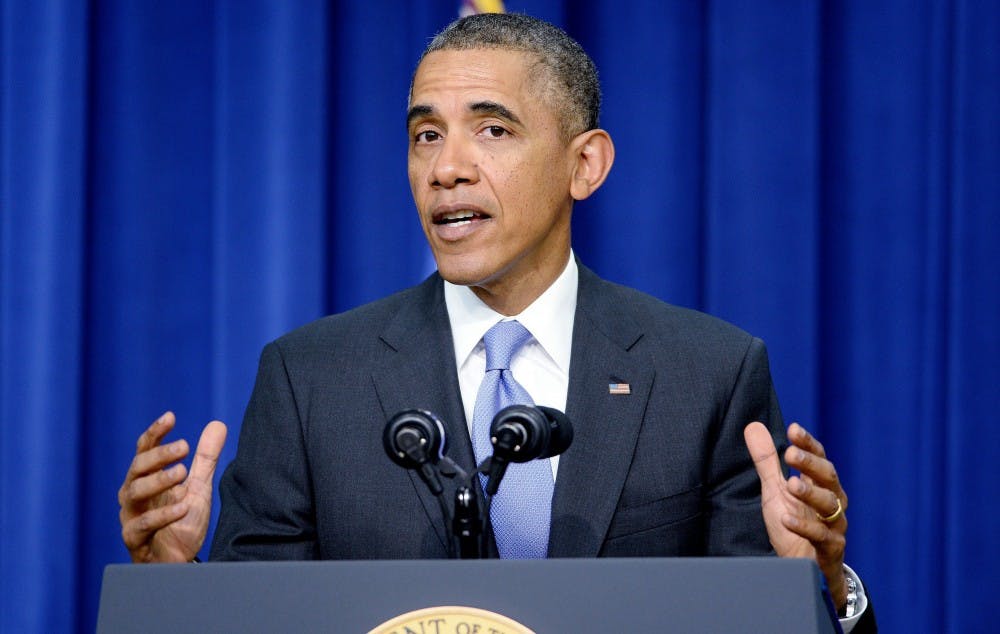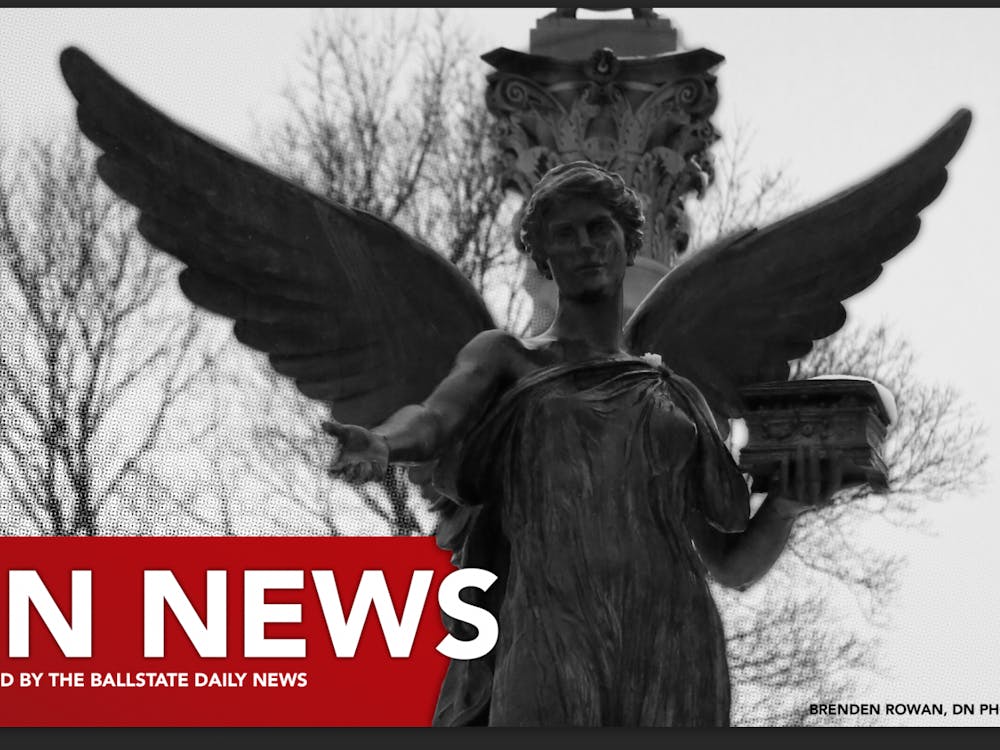1. Obama proposes surveillance changes
WASHINGTON D.C. — President Barack Obama is calling for major changes in the way the U.S. intelligence community collects and stores information about people in the U.S. and abroad following disclosures that have sparked fury over sweeping government surveillance and stoked concerns about privacy.
Some of the changes will take effect immediately. Others will require further study and may take action by Congress to be implemented.
Effective immediately, the National Security Agency will be required to get a secretive court’s permission before accessing phone records that are collected from hundreds of millions of Americans, except in emergencies.
Those records, which include numbers dialed and call lengths but not the content of calls, are currently stored by the government. But Obama is calling for that to change. He is directing the attorney general and the intelligence community to come up with a new plan for another party to store the data. Some of the proposals that have been floated previously include having phone companies or a new, third party store the data.
Also, the government will no longer be able to access phone records beyond two “hops” from the person they are targeting. That means the government can’t access records for someone who called someone who called someone who called the suspect.
Additional changes Obama proposed were in personnel, spying on leaders overseas and foreigners.
2. Syrian peace talks face trouble after offer to include Iran
GENEVA — A last-minute U.N. invitation for Iran to join this week’s Syria peace talks threw the long-awaited Geneva conference into doubt Monday, forcing U.N. chief Ban Ki-moon to rescind his offer after the opposition threatened to boycott.
With the invitation withdrawn, the main Western-backed Syrian opposition group said it would attend the talks, which it said should aim to establish a transitional government with full executive powers “in which killers and criminals do not participate.”
The surprise invitation, extended Sunday by the U.N. secretary-general, set off a flurry of diplomatic activity to salvage the talks. The U.S. said the offer should be rescinded, and the opposition threatened to skip the event entirely.
The conference is set to begin Wednesday in the Swiss luxury resort city of Montreux, with high-ranking delegations from the United States, Russia and close to 40 other countries attending. Face-to-face negotiations between the Syrian government and its opponents — the first of the uprising — are to start Friday in Geneva.
3. Two deaths result from Neb. explosion
OMAHA, Neb. (AP) — Omaha officials say two people are dead and all other workers are accounted for in the animal feed plant that exploded.
The explosion Monday morning brought down part of the International Nutrition plant. Two people were killed and 10 others seriously hurt.
Omaha Police Lt. Darci Tierney said all of the other people who were working have been accounted for.
Authorities don’t know what caused the blast.
Interim Omaha Fire Chief Bernie Kanger noted that there were no hazardous chemicals at the plant.
The Occupational Safety and Health Administration will determine the cause.
4. U.S.-European-Iran nuclear talks
TEHRAN (AP) — Iran on Monday unplugged banks of centrifuges involved in its most sensitive uranium enrichment work, prompting the United States and European Union to partially lift economic sanctions, putting into effect a landmark deal aimed at easing concerns over Iran’s nuclear program.
The steps start a six-month clock for Tehran and the world powers to negotiate a final accord that the Obama administration and its European allies said will be intended to ensure Iran cannot build a nuclear weapon.
In the meantime, the interim deal puts limits on Iran’s program — though it continues low levels of uranium enrichment. Tehran denied its nuclear program is intended to produce a bomb.
The payoff to Iran is an injection of billions of dollars into its crippled economy over the next six months from the suspension of some sanctions, though other sanctions remain in place.
British Foreign Secretary William Hague called the deal “an important milestone,” but not the ultimate goal.
“It’s important that other sanctions are maintained and the pressure is maintained for a comprehensive and final settlement on the Iranian nuclear issue,” Hague said.
The Europeans are aiming to start negotiations on a final deal in February, though no date or venue has been agreed on yet. Iranian Foreign Minister Mohammad Javad Zarif said Saturday that Tehran is ready to enter talks as soon as the interim deal goes into force.
5. Sochi shows cracks in infrastructure
SOCHI, Russia (AP) — A shining new $635 million highway on the outskirts of Sochi stands next to a crumbling apartment block with a red “SOS!” banner on its roof.
The residents of 5a Akatsy street have lived for years with no running water or sewage system. Construction for the 2014 Winter Games has made their lives more miserable: the new highway has cut them off from the city center. Even their communal outhouse had to be torn down because it was found to be too close to the new road and ruled an eyesore.
The slum is one of the many facets of a hidden dark side in the host city of next month’s Winter Olympics, which stands side-by-side with the glittering new construction projects that President Vladimir Putin is touting as a symbol of Russia’s transformation from a dysfunctional Soviet leviathan to a successful, modern economy.
While state-run TV trains its cameras on luxury malls, sleek stadiums and high-speed train links, thousands of ordinary people in the Sochi area put up with squalor and environmental waste: villagers living next to an illegal dump filled with Olympic construction waste, families whose homes are sinking into the earth, city dwellers suffering chronic power cuts despite promises to improve electricity.
Putin promoted the Sochi Games, which begin on Feb. 7, as a unique opportunity to bring investment to the Black Sea resort and improve living standards for its 350,000 residents. Looking back at those promises, many residents, weary from years of living in the midst of Russia’s biggest construction project in modern history, say they have yet to see any improvement in their lives and point to an array of negative effects.





